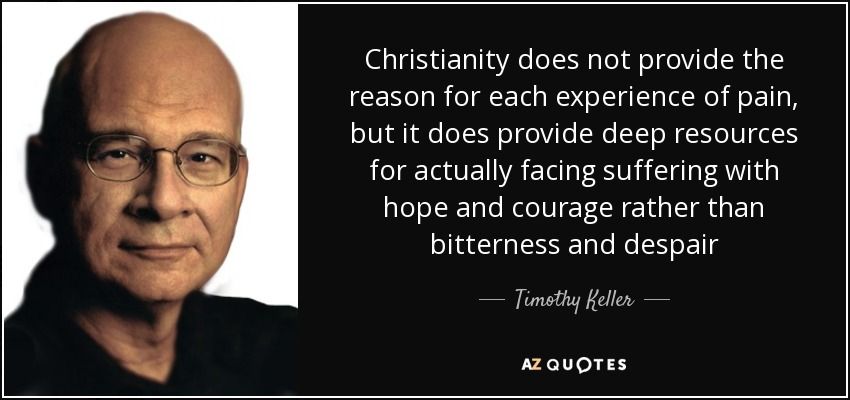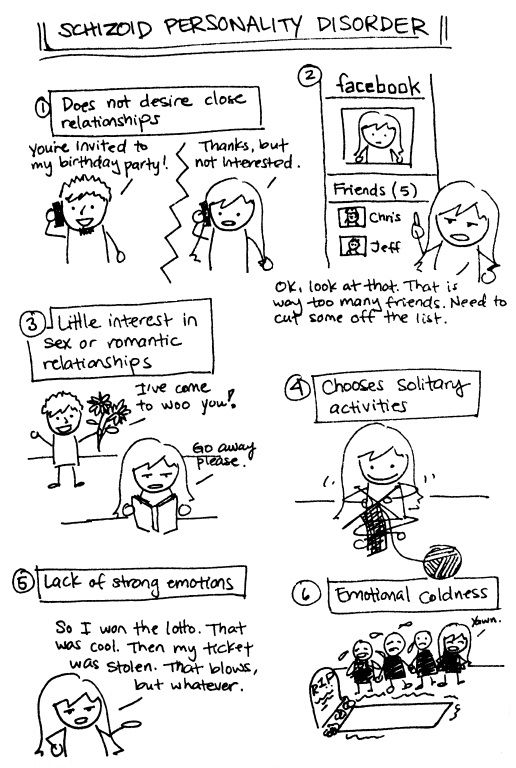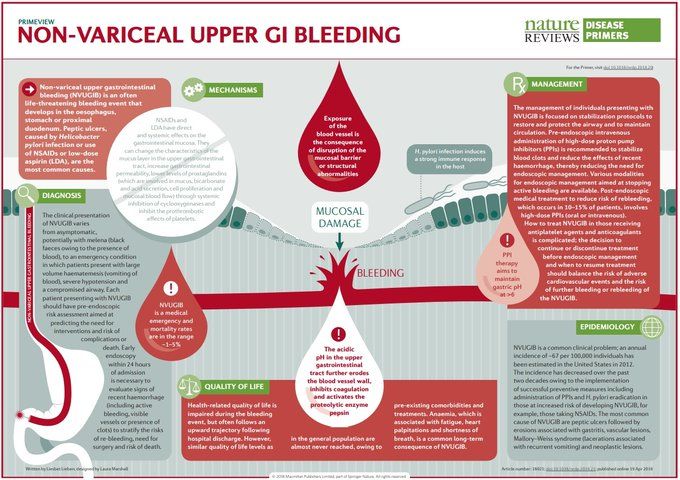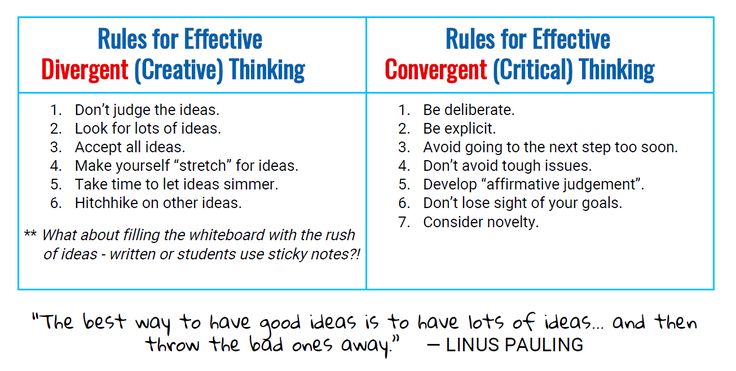Our greatest emotional need is for intimacy
Intimacy: Our Greatest Emotional Need
Happily married couples like to say that the top two greatest things about being in a good marriage are great sex and the close emotional bond they have with their spouse. Marriage experts will confirm: these two elements go hand and hand; it is difficult to have one without the other.
Humans have an innate need for intimacy and connectionWe are social beings and do not thrive in isolation. We like to feel included, appreciated, seen and listened to. We like to feel like we are important to others. So it is natural for us to strive for intimacy with our partner; it is hard-wired into our brains.
Intimacy, even more than sex, is our greatest emotional needEmotional intimacy in a relationship is not linear. It ebbs and flows, depending on life’s circumstances. Traditionally, emotional intimacy is quite high when couples decide to wed; after all, who would marry someone with whom they did not feel a deep emotional connection? The years before having children, when newlyweds continue to discover each other, are also years that are rich with emotional intimacy. With the arrival of children, emotional intimacy somewhat drops, for reasons all parents can guess: attention is focused on the children, and the parents are too fatigued to invest much in their own intimacy bank account. These are the years where it is important to tend to the emotional bond that links the couple, even with the energy the children require, and the inevitable fights that all couples have, to make sure you don’t forget each other’s needs, both sexual and emotional. Failure to do so can put the relationship at risk.
When you were first dating, you unconsciously used techniques to build emotional intimacy with your partner. Remember the first time you saw them? And you smiled, hoping that smile would be returned? That’s a first brick in the foundation of emotional intimacy. From there, you probably exchanged a few questions, questions whose goals were to learn more about this person that had attracted you. That’s another brick in laying the foundation of emotional intimacy. As your relationship took off, more bricks were put into place: first touch, first kiss, first “I love you”. These are all expressions of the desire to connect.
That’s another brick in laying the foundation of emotional intimacy. As your relationship took off, more bricks were put into place: first touch, first kiss, first “I love you”. These are all expressions of the desire to connect.
In the early, heady days of love, fulfilling this need for emotional intimacy seems smooth and easy. But the tides shift as your relationship ages, and many couples end up losing their sense of connection. This is a shame because if you keep in touch with this need to connect physically and mentally, you can keep nourishing the vital parts of your relationship.
Here are some ways to create it, renew and maintain emotional intimacy for you-
1. Make daily check-ins part of who you areEven if you don’t have time for a long, meaningful exchange with your partner, take a moment to look them in the eye and ask them how their day is going. Pose a specific question related to something going on in their life: “Did you hear back from your boss about the project you pitched last week?” shows them you are engaged in their life much more than a simple “How are things at work?” Of course scheduling longer quality time together is important, but when you can’t fit that in, these daily mini-moments of intimacy remind your partner that they are important to you.
One of the benefits about being emotionally connected is that when one of you is feeling low, you (usually) can count on your partner to be your sounding board and get you back to feeling positive. And when roles switch, you can do it for them. To rekindle your emotional connection, be your partner’s cheerleader the next time you sense they are feeling down. Clear your evening to sit with them and let them vent. Listen, don’t offer any solutions unless they ask you for them. When appropriate, ask your partner what you can do to help with the situation. And remind them how capable and talented they are, by bringing up specific examples of what you’ve seen them do in previous situations. This caregiving is all part of meeting the other’s emotional needs, and something truly intimate partners can offer each other.
3. Always be a safe haven for each otherTo maintain your emotional intimacy, remember to give your partner a sense of safety, of feeling like you are “home” for them.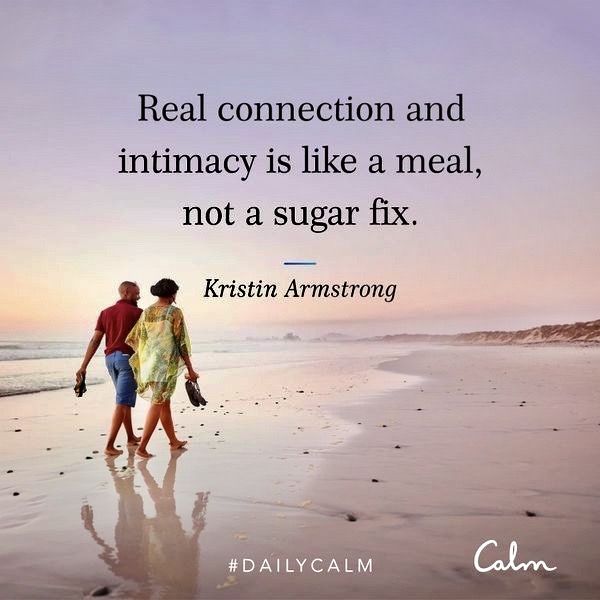 Without this, the need for emotional intimacy goes unfilled. Feeling safe from life’s outside forces is part of the recipe for a happy marriage. You know that feeling you get when you show your spouse a part of you that you secretly don’t like. And your spouse tells you that it’s all ok. That’s another benefit of emotional intimacy: the space to reveal all your vulnerabilities without these being judged.
Without this, the need for emotional intimacy goes unfilled. Feeling safe from life’s outside forces is part of the recipe for a happy marriage. You know that feeling you get when you show your spouse a part of you that you secretly don’t like. And your spouse tells you that it’s all ok. That’s another benefit of emotional intimacy: the space to reveal all your vulnerabilities without these being judged.
Want to see how you and your spouse are doing in meeting each other’s emotional needs? Here’s a list that you might want to use to spark the conversation:
- How’s your eye contact? Do you keep one eye on the TV/your cell phone/your computer screen while talking with your spouse?
- How do you show your spouse you have heard what they are saying?
- How do you show your spouse you understand what they are saying?
- How do you show your spouse you accept them 100%?
- What are some ways you show your spouse they are always safe with you?
- What are the words you use to encourage your spouse when they are feeling low?
- What are some ways you can show your spouse you appreciate/love/desire them?
- What are some non-sexual ways you can show your spouse you find them sexy?
Working on meeting the need for emotional intimacy is an on-going process in a relationship. But it is not really “work”. For those who are committed to keeping emotional intimacy high, the journey is a pleasurable and enriching one. As we give, we receive, and marital happiness is increased tremendously.
But it is not really “work”. For those who are committed to keeping emotional intimacy high, the journey is a pleasurable and enriching one. As we give, we receive, and marital happiness is increased tremendously.
Share this article on
Share this article on
The Dark Side of Your Emotional Needs
Intimacy is a core human need, but can lead us to dangerous places
“Death is not the greatest loss in life. The greatest loss is what dies inside us while we live.”
– Norman Cousins
Love! The spark that lights the fuse of life.
We all have a drive for intimacy. The mingling of your spirit with another’s; a merging of souls, both physically and emotionally. Real intimacy brings both transcendent sympathy and urgent attraction. You fit together even in your differences. Your shameful little habits and idiosyncrasies are not just tolerated, but loved!
The concept of having met the person seems foreign; it’s as if somehow, some way, you’ve known one another all along.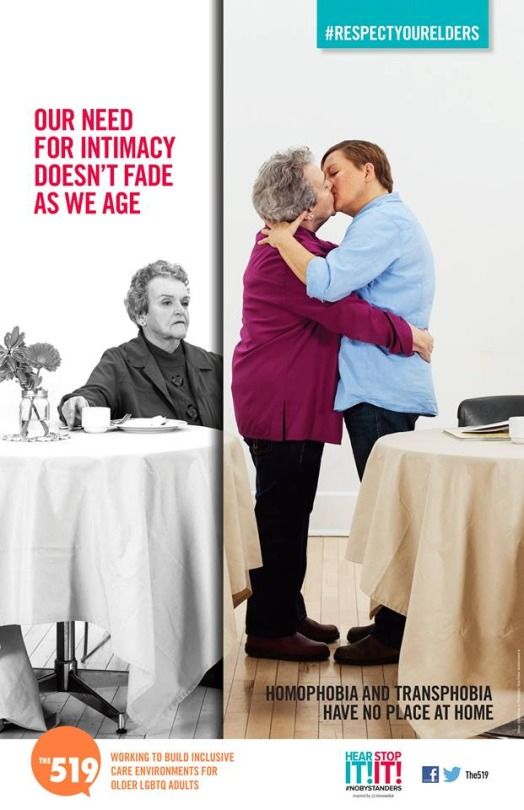 The tiresome charades and pretences of life melt away; suddenly you feel more ‘real’. True intimacy is like coming home to the heart of all things.
The tiresome charades and pretences of life melt away; suddenly you feel more ‘real’. True intimacy is like coming home to the heart of all things.
How atavistically wonderful. How womb-like. How glowingly safe… yet exciting.
Make no mistake, the drive for intimacy is a mighty powerful one. And some have a greater appetite for love than others.
But if real gold exists then so does false gold. And any strong drive, when thwarted, subverted, or perverted, can cause problems – potentially fatal problems.
So what happens when that drive works (or is worked) against us?
“Our special time!”
Back in the day, when I was still young and working in a psychiatric hospital, patients would sit in the TV room after dinner. The air was oppressive, thick with cigarette smoke, but if you squinted hard enough you could just make out the screen through the haze.
As a junior (this was early days), I was often told to sit with the patients while they watched TV. Some patients were depressed, some were recovering alcoholics, and some were, or had been, psychotic.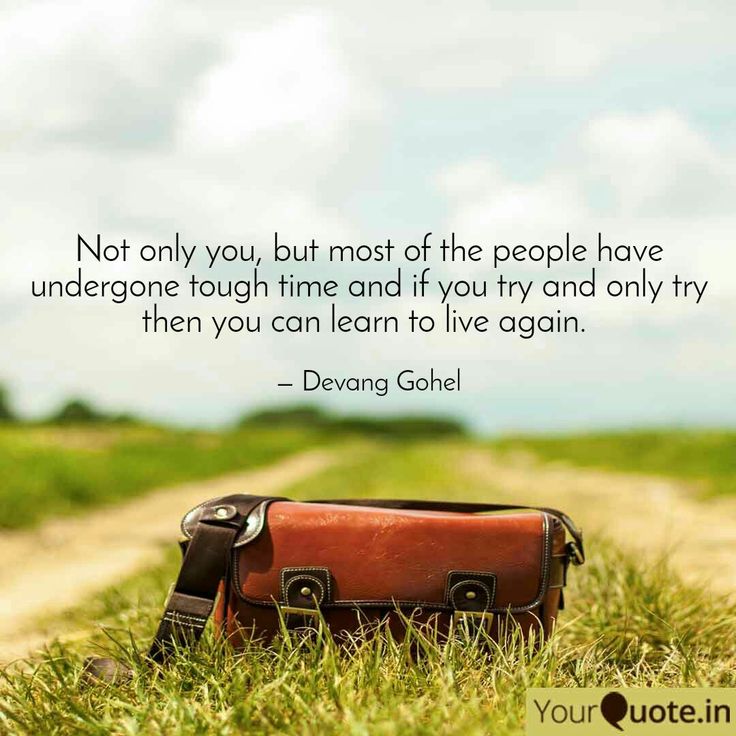 Audrey fell into the latter category.
Audrey fell into the latter category.
Audrey was in love.
Not with me, I hasten to add, but with the twinkle-eyed Irish talk show host and raconteur Terry Wogan.
Sir Terry (he would later be knighted) graced British TV screens three evenings a week back in the 80s. Lucky for Audrey.
Thrice weekly they met. Thrice weekly Terry Wogan made Blarney Stone–inspired, verbally dextrous love to Audrey. She in turn would giggle coquettishly at his smooth, knowing witticisms.
Terry Wogan flirted outrageously with Audrey! At least, that’s how Audrey saw it. But there’s a flipside to everything.
I noticed that she’d scowl jealously at any female guests. But more than that, Audrey would insist the other patients leave the room during her “private” and “intimate” time with her lover.
“Give us some privacy, please! This is our special time! My God, what are you? A bunch of voyeurs! Get out of here you perverts!”
It seemed Audrey had history.
Real consequences
In her youth, Audrey had been similarly in love with the actor David Niven, to the extent she spent all her time writing the mustachioed urbane actor love letters. He had once been her sole focus. And I do mean sole focus.
He had once been her sole focus. And I do mean sole focus.
She’d had no time for her children, who were taken into care, or her husband, who had left her.
This is all a bit extreme, you might be thinking.
But while I was in that psychiatric hospital I learned an important lesson. I found that no one’s psychological state was all that different from the rest of us. Extreme, yes, but not totally removed. All psychological states are merely different stages on one continuum of human experience.
We are all psychotic when we dream at night. And we all have fantasies. But some of us gather these fantasies from the deepest parts of our minds and place them firmly on the outside. And all emotional states and fantasies link back to the same human emotional needs.
However extreme some of the examples of needs gone awry may seem, hopefully you will recognize echoes of what I describe within your day-to-day life and client load.
One thing’s for sure, we shouldn’t underestimate the need for intimacy.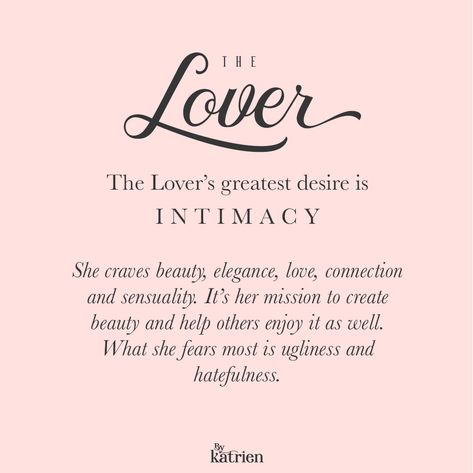 It can determine the fate of our whole lives.
It can determine the fate of our whole lives.
The need to be needed
Audrey needed to love and feel loved: “I’m so good for Terry!” she would tell me happily, “and he’s so good for me!” Her need wasn’t psychotic, just the way it was being expressed.
Her erstwhile husband had been cold, bullying, and “as distant as the planet Neptune, that you barely knew was there” as Audrey poetically put it. But there was real sadness in her poetry.
In this series on the dark side of human needs I explore how all human emotional difficulties stem from chronically failing to meet one or more of the primal emotional needs. It’s absolutely critical that we know the causes of emotional problems.
But we’re going further than that.
First know yourself
When we have a need, any need, we are compelled to meet it – often unconsciously.
Unless we can observe ourselves, this can cause confusion. We might think we are passionately promoting a cause or helping a friend when in fact we are instinctively trying to glean attention or some other basic need for ourselves.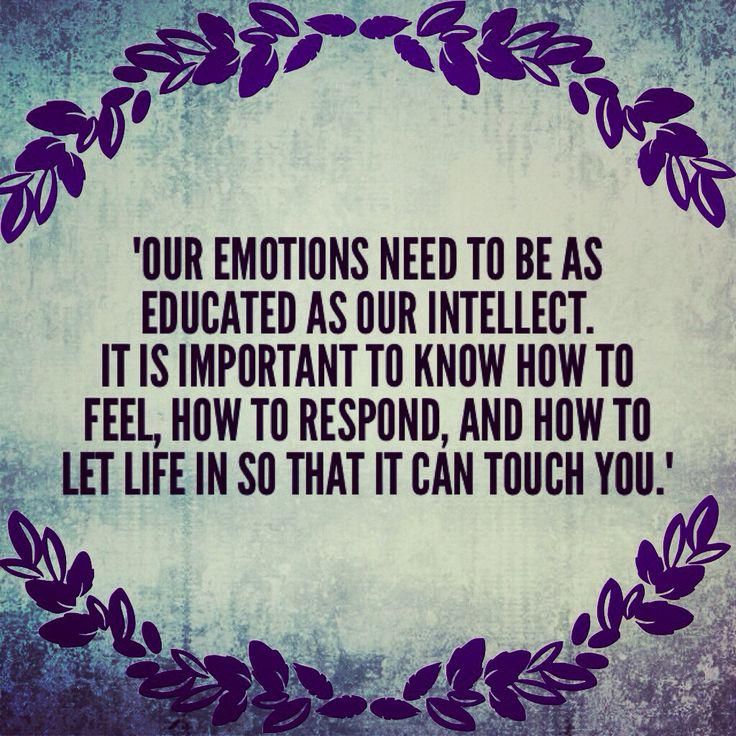 And there’s nothing wrong with that… unless the real emotional drive starts to pollute the actual endeavour.
And there’s nothing wrong with that… unless the real emotional drive starts to pollute the actual endeavour.
When we meet our needs in balance then we have spare capacity to do other things. The chronically hungry man is in no state to learn calculus. He may think he’s learning, but in reality he’s probably fumbling through student lockers looking for scraps of food and doing little else.
When we meet our needs in balance then we have spare capacity to do other things Click to Tweet
He needs to eat outside of the calculus lesson so he has the spare capacity to focus on his learning and let others learn too.
The analogy I’ve been using across this series is of extreme thirst driving us to drink any liquid, even engine oil. Desperation leads to terrible errors in whom we choose to be with and what kind of relationships we get involved in.
If we are desperate to meet a need, maybe even one we’re unaware of, we are not just rendered less effective – we are also easy prey for dysfunctional, unscrupulous, or damaged others.
In the case of the need for intimacy, ‘drinking engine oil’ may mean falling for anyone who promises us intimacy. And that anyone might turn out to be really bad for us.
Love, love, love is a dangerous drug
All you need is love… right?
How about food, shelter, clothing, and, well, all the other needs in balance? Yes, they’re pretty important too, but I don’t want to rain on anyone’s hippy parade. Love, real love, may be the essence of all and everything. But first things first.
I already wrote about the technique and dangers of ‘love bombing‘. For those who feel unloved, being showered with love can be overwhelming. And when the love turns out not to be real, payback may be more than anyone can afford.
If we understand the drive for intimacy, we can see how it can cause our clients terrible problems. We know that good relationships matter when it comes to health and happiness.[1]
Audrey had only ever received coldness from her abusive parents and ex-husband.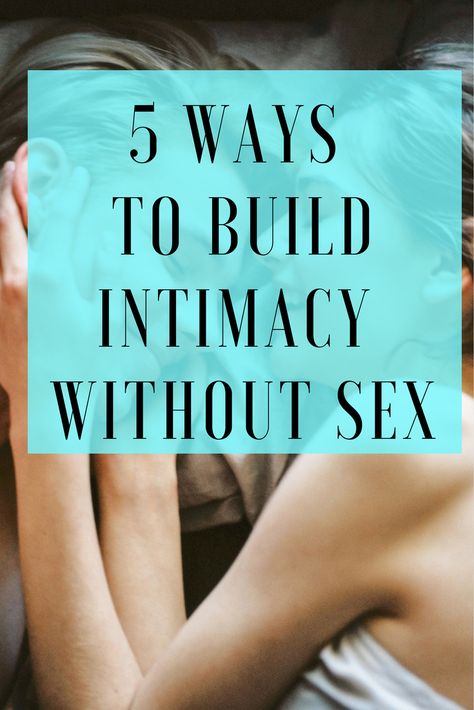 Had she been truly loved and able to love, would her need for intimacy still have built up, grown, and flowered into full-blown psychotic delusion?
Had she been truly loved and able to love, would her need for intimacy still have built up, grown, and flowered into full-blown psychotic delusion?
Here I want to simply describe how the need for intimacy can go awry. The consequences of ‘toxic love’, if you like. Let me give you a few examples.
Beware of transference
Sigmund Freud, you know, the expert on sex and… err… sex, and Greek myths, and sex, and cigars, and sex, and cocaine, and sex, was also very big on transference.
Freud said that a patient might feel attraction, even love, towards an analyst if they were never able to love their father, mother, or other parental figure in their childhood. It’s possible to transfer negative feelings from one person to another. Of course it is. You’re angry with your father, so you unconsciously redirect that to your therapist.
Mutual hate and hostility can form a kind of intimacy. In fact, some of the most intense relationships are ones of hate. The focus is mutual and fierce.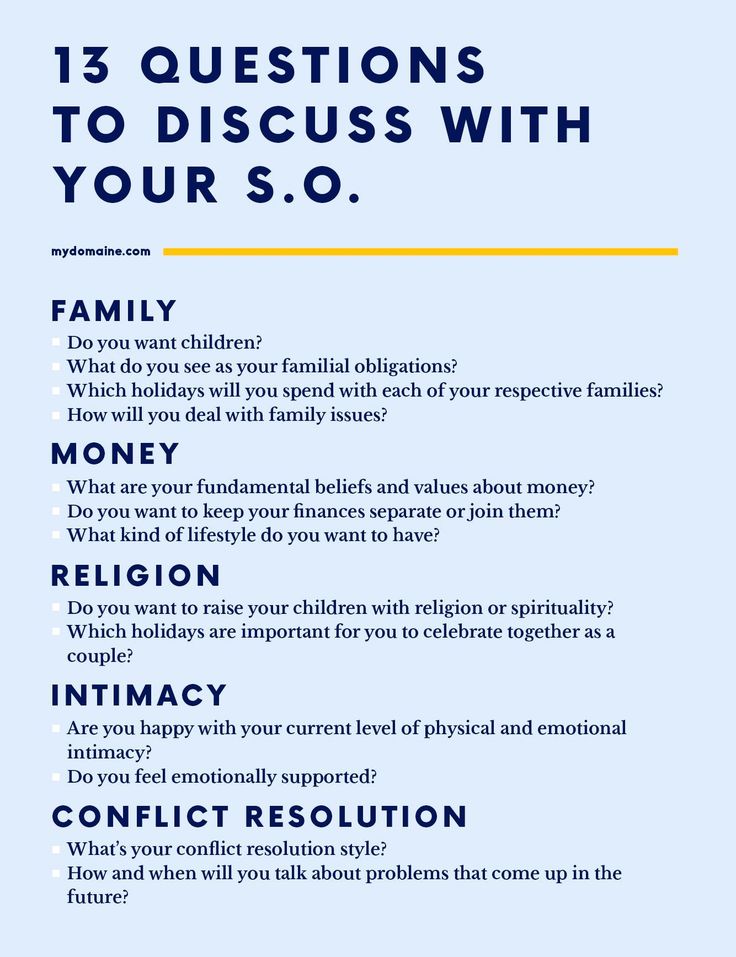
I think any therapy carries the danger of intimate feelings forming, especially if it is drawn out over many years or decades (as psychoanalysis tended to be). If you share your deepest desires and secrets with someone for many years, it’s not surprising they might become vitally important to you.
There are even cases of therapists finding it hard to let go of patients! In the therapeutic setting intimacy can easily become entangled with the desire to help, and when this happens the ‘therapy’ can become lost… although Freudians might argue against that statement and assume transference is necessary.
Next we have a bizarre expression of intimacy that I think illuminates several aspects of human nature.
Stockholm syndrome: Loving the hands that bind
It can take many attempts for an abused person to actually leave their abuser. The victim’s pattern of going back to the person who mistreats them can exasperate and shred the sympathy of friends and family.
Identifying with, even loving, the very source of abuse can seem baffling to those outside the relationship.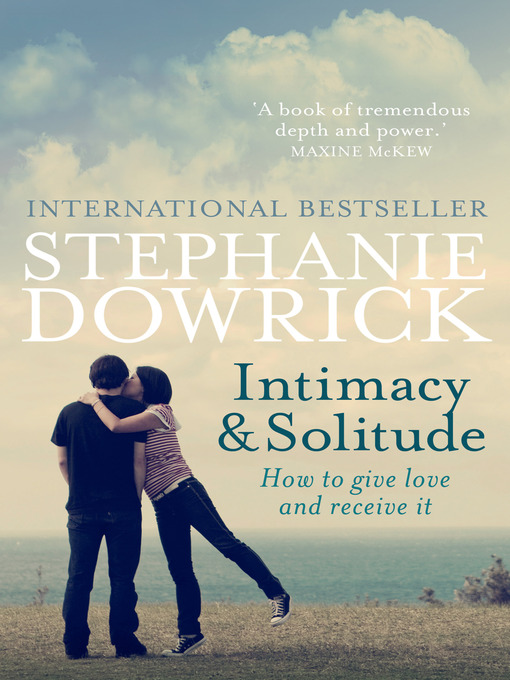 How can they keep going back?
How can they keep going back?
Intimacy, or the illusion of intimacy, can be produced through a sense of intensity which makes any relationship seem special.
We focus strongly on the people we feel intense with. That intensity can just as easily be brought about through fear and violence as through real love. And it often alternates with cherished nuggets of apparent kindness, which are appreciated all the more because of their rarity. “He can be so lovely!” (“And I am so, so grateful because it hardly ever happens!”)
So why ‘Stockholm’?
In 1973 in Stockholm, Swedish robbers took bank workers hostage, locked them in a back safe, and threatened them with death. They were held hostage for days and nights on end.
But, bafflingly, when authorities moved in to end the siege some of the kidnapped bank workers resisted rescue. Some refused to testify against their captors despite having been treated terribly.
As a result, the phenomenon of identifying with or loving the person causing you harm came to be known as Stockholm syndrome.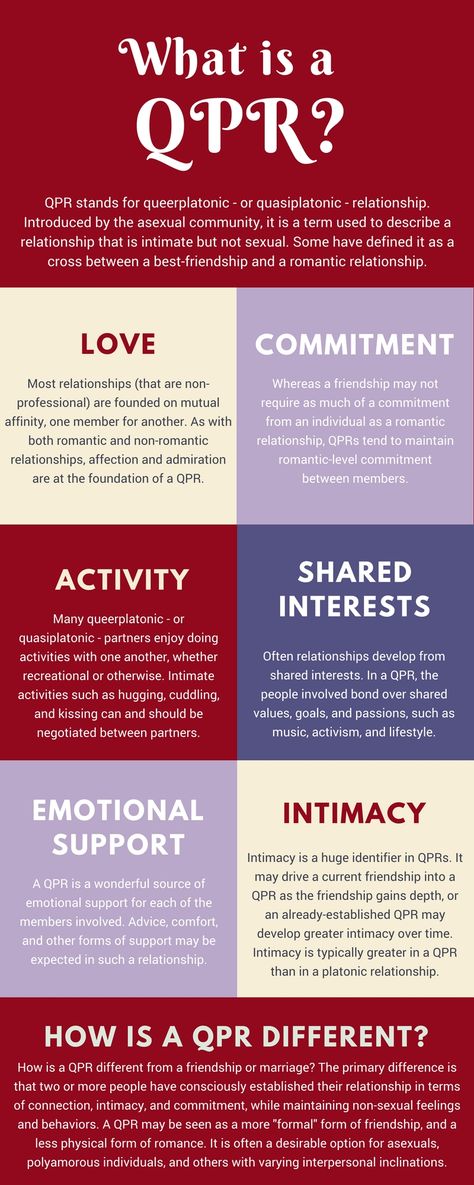
I’ve previously written about how Stockholm syndrome might even be an element of smoking and other addictions. We can see addiction as a kind of abusive relationship which nevertheless feels intimate and therefore hard to let go.
When thinking about intimacy it’s important to remember that we focus on what is important to us, but it also works the other way. What we focus on becomes important to us. Take the Florence Nightingale effect.
I’m caring for you, so I must care about you!
Ever read or seen Stephen King’s Misery? It’s great! Author Paul Sheldon’s creepy “number one fan” Annie Wilkes finds him after a serious car crash and, rather than taking the poor guy to hospital, she drags him to her house to nurse him back to health without telling a soul (well, spoiler alert, at one point she takes a sledgehammer to his leg – but otherwise her nursing is pretty A-grade).
Okay, so Ms Wilkes was obviously pretty obsessed already, but now she is focused on her ‘patient’ all the time.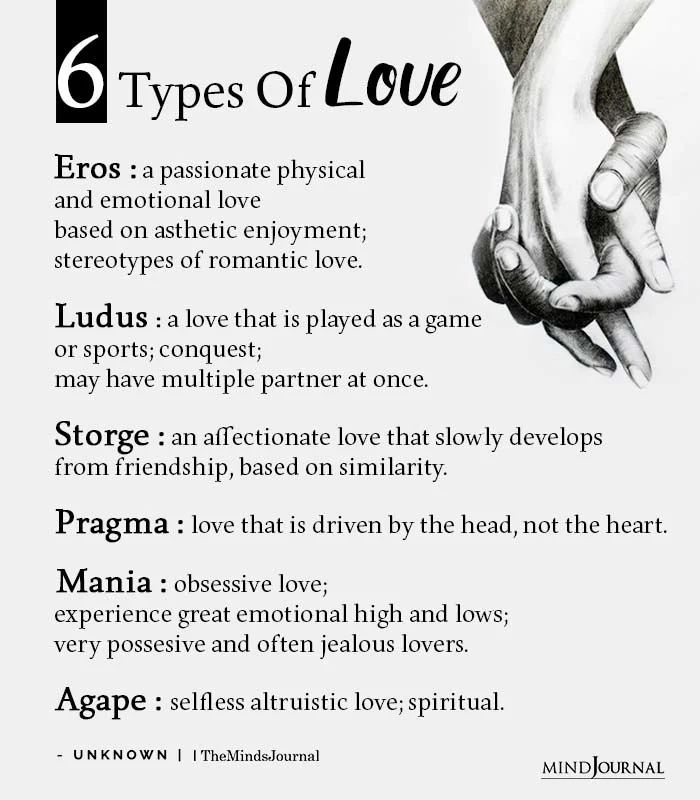 And for his part, she’s the only person he can rely on. The relationship has become intimate for them both in different ways.
And for his part, she’s the only person he can rely on. The relationship has become intimate for them both in different ways.
The Florence Nightingale effect can come about when a caregiver (not necessarily an actual nurse as our Florence was) develops intense feelings for the person she or he is caring for. This can happen even if there isn’t much actual communication or contact between the two.
This might seem like a pretty rare situation. But I think it can work in another way.
I’ve seen looks of terror flood partners’ faces when they realize I might actually be able to help their loved one lose weight, overcome agoraphobia, or otherwise reclaim their rightful independence. The ‘carer’ may fear, perhaps unconsciously, that they will lose intimacy if the balance of power changes and they are no longer needed in the same capacity.
If you fear someone will need you less, you might also fear they will want you less. It’s worth bearing this in mind as a potential mechanism in some of our clients’ situations.
But perhaps a bit more familiar is the scary phenomenon of stalking.
“I never knew when he would just turn up!”
Sally, a client, told me how her ex-boyfriend still stalked her. The terror was in the unpredictability. He would “just show up” at her work, her home, even when she was out with friends and it seemed as if there was no way he could possibly have known her whereabouts.
For both men and women, stalking often reflects an inability or refusal to accept the end of intimacy. But sometimes it stems from the illusion of intimacy or a misjudged attempt at initiating intimacy.
“We’re meant to be together! Why can’t you admit that too?”
Becoming infatuated is not uncommon at all. But becoming so hooked that you can think about nothing else, even (or especially) if you don’t really know the person beyond the fantasy you’ve created in your head, is a real problem. This is a poor substitute for genuine love, intimacy, and mutual understanding.
Assuming someone just doesn’t realize they love you yet is a dangerous perception. To try to force intimacy, or to imagine it’s there when it isn’t, is to chase false gold.
Ultimately we need to be strong enough to be alone if we have to be.
How safe are you?
When we really love someone, we run the risk of ‘putting all our eggs in one basket’. But if I only want to be with you, what happens if you decide you never want to be with me?
When our clients are intensely afraid of rejection, over-monitor their lover, or feel they couldn’t exist without them, we need to look at how many of their needs are met through just this one person.
To be less vulnerable, we need to meet our needs in balance – to avoid putting all our eggs in one basket. When a person enters a relationship and stops seeing their other friends or pursuing other interests, this makes them vulnerable. If I only eat one type of food and that disappears, I might feel I can’t survive.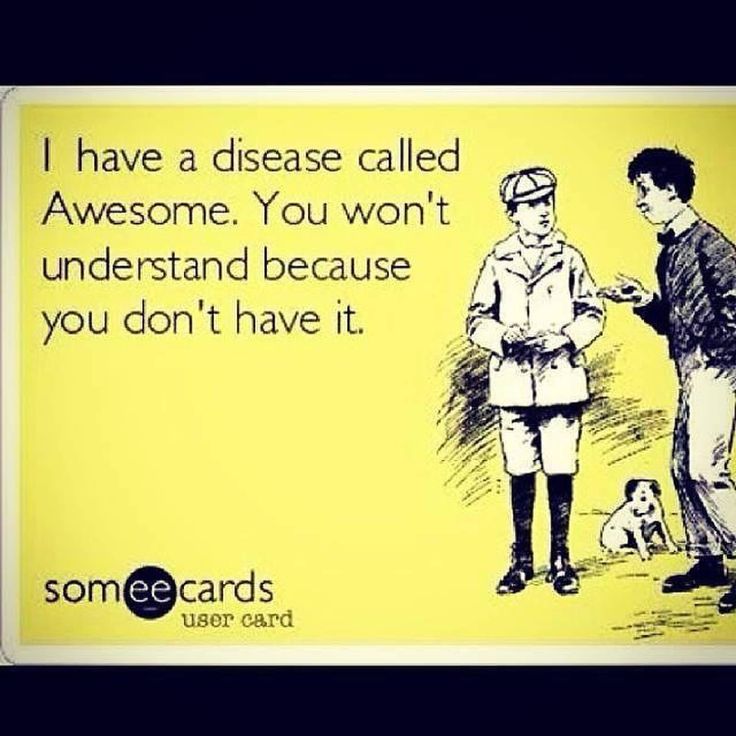
On the other hand, having a healthy wider life, other friends, and other interests makes us less desperate, less vulnerable, and less devastated if it doesn’t work out.
So we may need to encourage a reconnection with wider friends and family to, in a sense, dilute the power that ‘special’ person has over them. No break-up is easy, but the more wider support a person has the easier it will be.
On the more sinister side, if a person wants you to become overly dependent on them they will actively seek to distance you from other sources of focus, such as your friends, family, and wider interests. Cults do this too.
If someone knows you are solely wrapped up in them, they know they have the power to manipulate, threaten, and abuse you – “Without me you’re nothing!”
Yes, the drive for intimacy is strong, and yes, it can lead down all kinds of prickly paths. And sometimes it can be a complete fabrication.
When they don’t even know who you are
We can easily come to feel we are intimate with a leader or celebrity. We see their face and hear their voice so often that they seem such a part of our lives.
We see their face and hear their voice so often that they seem such a part of our lives.
Joseph Stalin, the mass murdering leader of Soviet Russia, was known as ‘Uncle Joe’. At first the nickname was just used by Churchill and Roosevelt, but he came to be generally known by this moniker.
The genocidal tyrant of Haiti, François Duvalier, was known sweetly as ‘Papa Doc’. And of course it was ‘Big Brother’ who was watching you in Orwell’s dystopian nightmare.
Uncle, Papa, Brother!
The illusion of intimacy, the dim and twisted cousin of real intimacy, is everywhere. But we can’t settle. We need to seek the real thing, because it is there.
The real gold of intimacy may be discovered on the internet but, to be actualized, it has to travel through that looking glass of pixels into the real world.
So many of us seem to live alone in our isolated heads, but if we’re lucky, we might find a secret door to a connecting bridge where we can meet and merge with that special friend or lover.
With over 100 live client sessions, Uncommon Practitioners TV covers a wide range of emotional ailments and solution focused therapy techniques. Sign up here to be notified when UPTV is open for booking.
About Mark Tyrrell
Psychology is my passion. I've been a psychotherapist trainer since 1998, specializing in brief, solution focused approaches. I now teach practitioners all over the world via our online courses.
You can get my book FREE when you subscribe to my therapy techniques newsletter. Click here to subscribe free now.
You can also get my articles on YouTube, find me on Instagram, Amazon, Twitter, and Facebook.
First published on:
Notes:
(1) https://www.ncbi.nlm.nih.gov/pubmed/16330726
Read more The Dark Side of Your Emotional Needs therapy techniques »
Search for more therapy techniques:
Close relationships are our basic need, but we hardly know how to maintain them
42,510
Man among people
Man is not an island, and in order to develop successfully, we need relationships.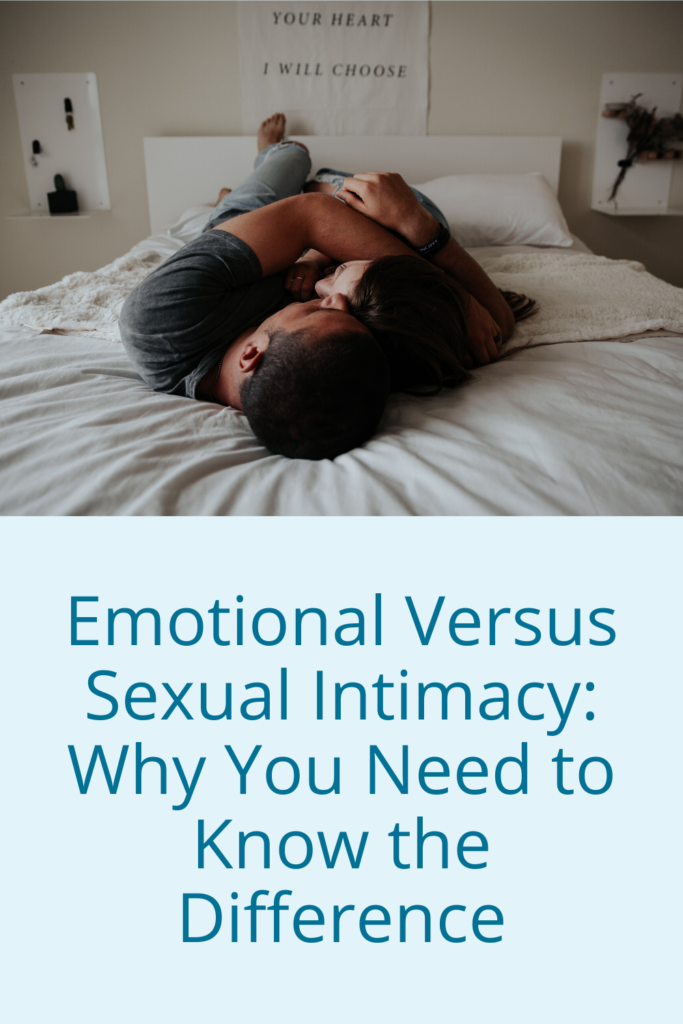 In Lost Connections, Johann Gary talks about decades of work in trauma and mental health. He explains why the root of almost all the problems we suffer from is in the broken intimacy that we have never been able to restore.
In Lost Connections, Johann Gary talks about decades of work in trauma and mental health. He explains why the root of almost all the problems we suffer from is in the broken intimacy that we have never been able to restore.
Among other things, Gary writes about the obesity clinic. Patients at this clinic, whose excess weight reached a critical level, were put on a controlled liquid diet in an attempt to save their lives. The treatment worked, and many patients left the clinic, having lost tens of kilograms and with hope for a new life.
A side effect that appeared later could not be predicted by any doctor. Some patients gained back all the weight they lost. Others had psychotic breaks. One person committed suicide. In trying to understand why these patients had such adverse emotional responses, doctors discovered something important.
Typically, patients began to overeat at the time of a traumatic event that they could not otherwise cope with. Gary summed up these findings this way: "What we thought was a problem was often actually a symptom of a problem that no one knew anything about. "
"
Intimacy is an experience of togetherness, shared experiences, similar feelings or ideas
Of course, this is not to say that all overweight people suffer from some kind of unconscious trauma. The point is that many of the problems we can't seem to solve are actually symptoms of deeper difficulties that we may not be aware of. Gary draws an analogy to the smoke from a burning house: "You can try to disperse the clouds of smoke, but if you do not put out the fire, your efforts will be in vain."
Trauma is the biggest problem in most people's lives, and it is trauma that damages our ability to create close relationships. By "trauma" is meant not only the most nightmarish, cruel things that happen to people. Every time something scares us and we don't deal with that fear, trauma occurs.
When we don't believe we have the resources or ability to deal with a particular problem or stimulus, we develop adaptive behavior and begin to deny or avoid the problem.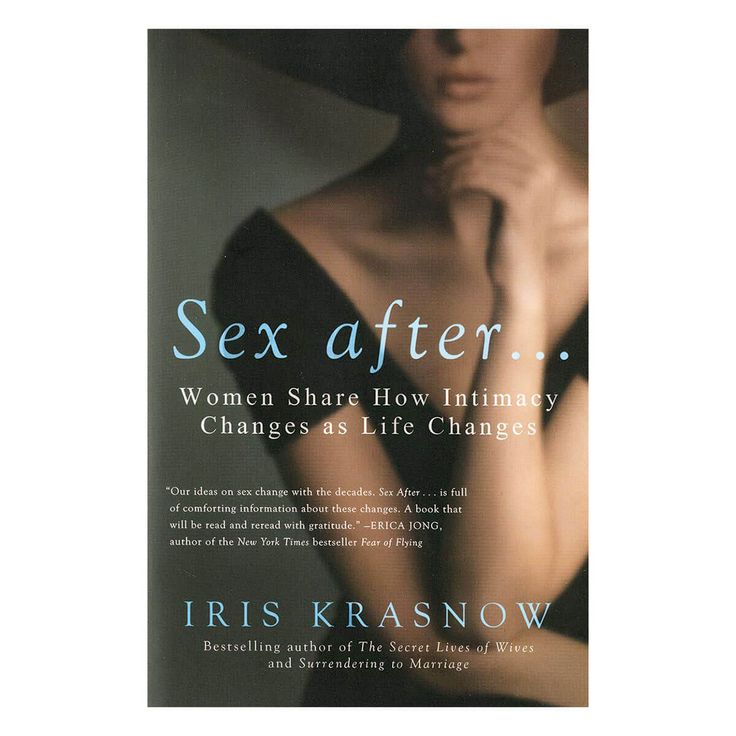 Long-term harm is not caused by the trauma itself, but by its destructive effect on the psyche. Trauma prevents us from returning to a normal healthy life, where we perceive other people and unfamiliar situations without fear.
Long-term harm is not caused by the trauma itself, but by its destructive effect on the psyche. Trauma prevents us from returning to a normal healthy life, where we perceive other people and unfamiliar situations without fear.
You may have heard this statement in different formulations: “The opposite of addiction is not sobriety, but intimacy.” The foundation of happiness is a sense of belonging and meaning. More collectivist cultures are generally more mentally healthy. Lonely people often die earlier, and before that they get sick.
We are a tribal species. There is no way around this fact, no matter what is asserted in highly individualistic cultures. Man is not an island left to himself. We are born out of intimacy, and through intimacy with others, we achieve almost everything in life. We don't just prefer healthy relationships, we need them.
Intimacy is very important, but it is often not given enough attention, and we are rarely taught how to maintain close relationships.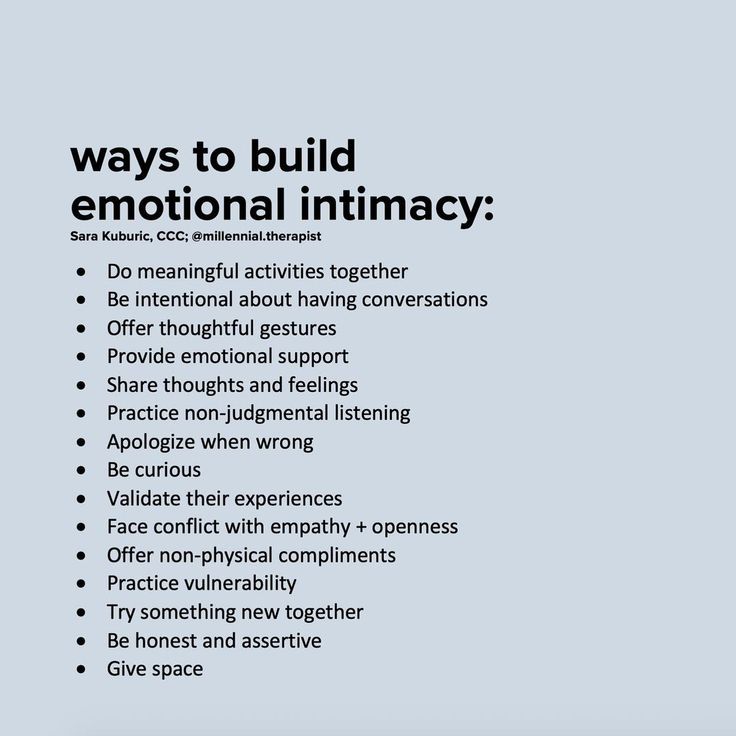 But something can help us.
But something can help us.
Define what is intimacy for you
Intimacy is the experience of togetherness, shared experiences, similar feelings or ideas. It is the feeling of belonging to something greater than yourself. When you watch sports with friends, you experience intimacy. When you gather with your family for dinner, communicate openly and sincerely, or discover something in common with another person, you experience intimacy.
We have created a world with more opportunities to experience intimacy than ever before. Yet somehow the digital age basically destroys intimacy or promotes non-authentic relationships that don't work. Unity cannot be simulated. It cannot be intellectualized. Closeness is what we feel.
Learn to be authentic
Proximity requires authenticity. The Internet and social media are disconnected not because we are glued to our phones at dinner, but because they encourage falsehood. We can edit, apply filters and show others only the best moments of our lives.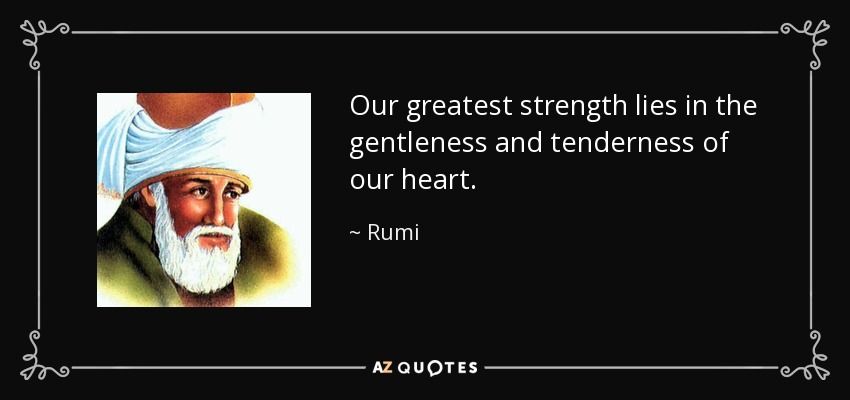 We create a facade of our lives that may or may not reflect reality honestly. This is how we destroy the possibility of intimacy.
We create a facade of our lives that may or may not reflect reality honestly. This is how we destroy the possibility of intimacy.
People who are more sincere on social media report positive experiences. Those who use social media to really connect with others do not report as high levels of anxiety and depression as other users. People pretend on social media to get likes because they confuse attention with intimacy. It is not the same.
Focus on giving rather than receiving
Intimate relationships take time, honesty, shared experience and openness. Intimacy is not an attempt to earn approval or compliments, to arouse admiration or envy, to please or feel superior.
Most people believe that intimacy is something that can be earned if you are "good enough." Although in fact, intimacy is something that occurs when we strive for it enough. If healing means returning to wholeness, then healing from trauma means remembering that we can trust others, ourselves, and life.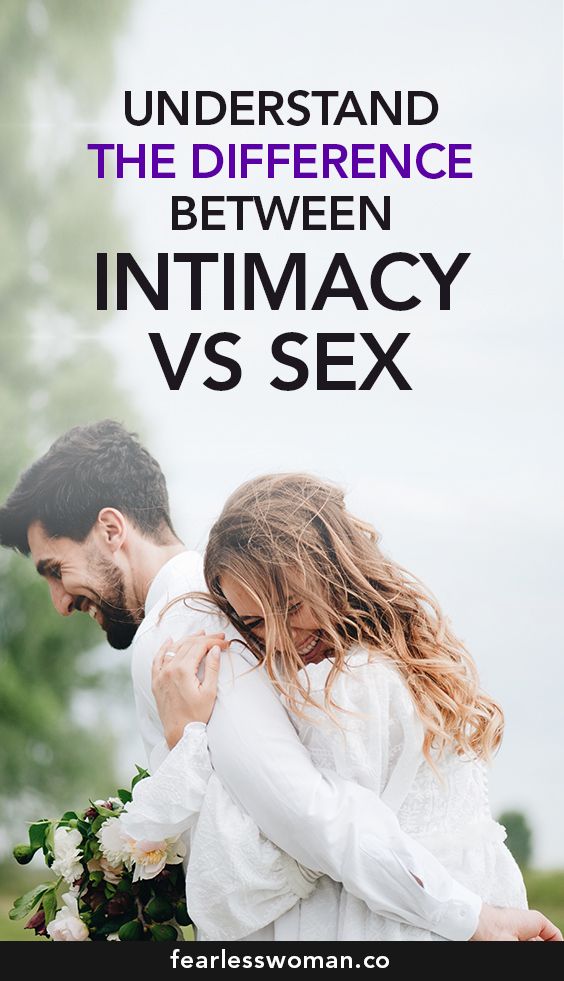 To return to a simple, calm life, to accept what is, and not try to control how our life looks from the outside.
To return to a simple, calm life, to accept what is, and not try to control how our life looks from the outside.
This means not waiting for others to make the first move or make an effort to maintain the relationship. It means trying again, showing vulnerability, supporting others, initiating communication, and actively participating in our communities, families, and friends.
Valuable is our ability to recognize people who are worth giving our time and energy to
As we reconnect with others, we may find that we are reconnecting with ourselves. When we are seen and loved for who we are, when others accept our views and feelings, we understand that we are all right. If a basic human need is intimacy with other people, then the most important thing in healing emotional wounds is to allow yourself to open up again.
What is important is our intention to be ourselves with other people and the belief that we will be accepted. Valuable is our ability to recognize people worth giving our time and energy to.
Valuable is our ability to recognize people worth giving our time and energy to.
The main thing is to understand that even if we have to go through fire and copper pipes (and we all have to), after going through them, we will become stronger and appreciate what we have been given even more.
This is similar to the Japanese art of "kintsugi", in which broken pottery is glued together by adding gold, silver or platinum powder to the split. Cracks are visible, but they give once-broken dishes a new charm and sophistication, unique beauty. Similarly, our relationships and re-established ties are often strongest where we have consciously worked on them.
Text:Maria RuchevayaPhoto Source:Getty Images
New on the site
Accepting our loneliness
"Memory is full": what information is most painful for us to part with
How to date a woman who grew up without a mother?
“I'm in a love triangle. How do you choose between the familiar and the new?
“Absolutely everything irritates me — from other people's requests to my own laziness”
The child of raw food blogger Maxim Lyuty died of exhaustion. Why do people "experiment" on children?
Why do people "experiment" on children?
Burnout, exhaustion and chronic stress: 5 signs you are at risk and advice from a psychologist
“Ask open questions”: 4 frank conversation skills - tips for spouses
Feeling of love: why do we all need deep affection?
Olesya Akhmedzhanova
It is not easy to talk about love without platitudes. So it's time to connect science. Catch a few facts from the book "Feeling of Love" - about how important an emotional connection is and why we are nowhere without it.
The basic and most important human instinct is not sex, but the need for safe intimacy and strong relationships
Feeling of love
Source
The need to love is inherent in us by nature. Yes, this is the code of survival for our species: we need those who will support and protect us all our lives. Sexual attraction may motivate us to reproduce, but it is love that ensures our existence.
This desire for unity is an instinct. Most likely, it arose as an evolutionary response to a critical vulnerability of human physiology: the birth canal of a woman is too narrow to allow the birth of children adapted for independent survival immediately after birth. Babies come into this world tiny and defenseless and require many years of care and guardianship. It would seem easier to abandon these burdensome newborns than to mess around with them so much.
Most likely, it arose as an evolutionary response to a critical vulnerability of human physiology: the birth canal of a woman is too narrow to allow the birth of children adapted for independent survival immediately after birth. Babies come into this world tiny and defenseless and require many years of care and guardianship. It would seem easier to abandon these burdensome newborns than to mess around with them so much.
What makes us stay close and take on the difficult and tedious task of raising offspring?
Nature has found a solution: it has sewn into the brain and nervous system an automated “call-response” mechanism that connects the child and the parent on an emotional level. Babies are born with an endearing repertoire—eye batting, smiling, crying, fingering, stretching—that makes adults want to be around and take care of them. So, when the baby starts screaming from hunger and reaching out to the mother, she takes him in her arms and gives him a breast. Or, when a father starts cooing over his daughter, she kicks her legs, waves her arms and mutters something to him in response. This strengthens the two-way feedback between people.
This strengthens the two-way feedback between people.
Romantic love between adults is the same kind of attachment that is formed between a mother and a child
Source
We have long believed that an adult person ceases to need the closeness, care and support that we had in childhood. Many people still believe that adult romantic relationships are, in essence, sexual attraction. And this is a fundamentally wrong understanding of love.
Our need to have a close and dear person does not disappear anywhere with age. On the contrary, it remains the main one.
As we grow older, we transfer this need from our parents to our lovers. True, the need of adults for the tangible presence of loved ones is not as absolute as in childhood: our loved ones do not have to physically ensure our safety. We just need to think about our partners to feel a connection with them.
For example, when upset, we can remember that we are loved and imagine how we are comforted and reassured.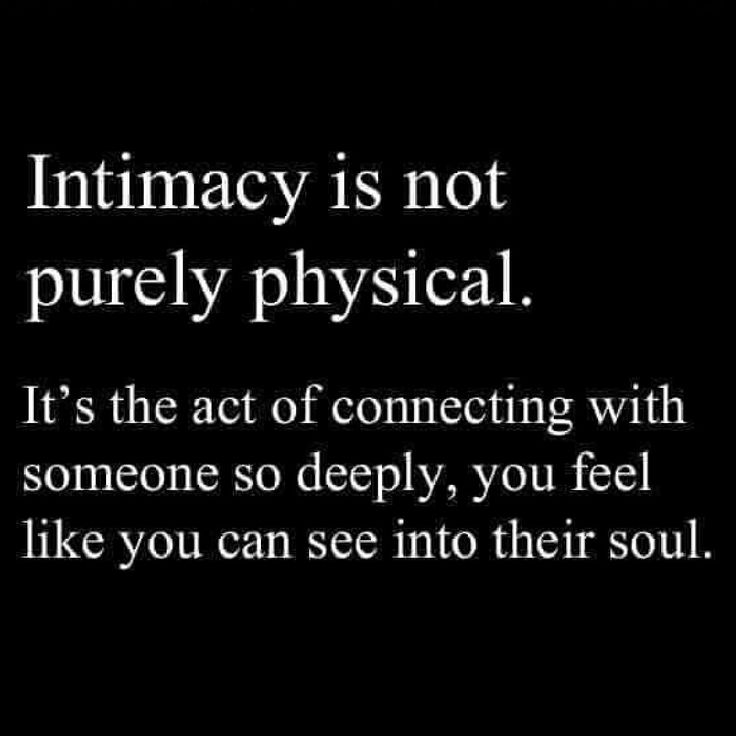 Israeli prisoners of war said they “heard” the soothing voices of their wives in their narrow cells. The Dalai Lama conjures up an image of his mother when he meditates. And someone drives the husband's encouraging words away in his head when he goes on stage with a speech or report.
Israeli prisoners of war said they “heard” the soothing voices of their wives in their narrow cells. The Dalai Lama conjures up an image of his mother when he meditates. And someone drives the husband's encouraging words away in his head when he goes on stage with a speech or report.
Passionate sex is not a guarantee of a reliable relationship. But reliable attachment is the key to passionate sex
Source
Since we practically equated physical intimacy with romantic love, we spend a huge amount of energy and money to make our sex life sharper and brighter. But everything is arranged exactly the other way around: good sex does not provide satisfying, strong relationships.
But strong love ensures good and even very good sex.
Strong relationships and emotional closeness are inherent needs in us; and it is they who help to make love "eternal". Trust helps us overcome difficulties in any relationship. Our own bodies are capable of producing a whole array of chemical elements that bind us strongly to our loved ones.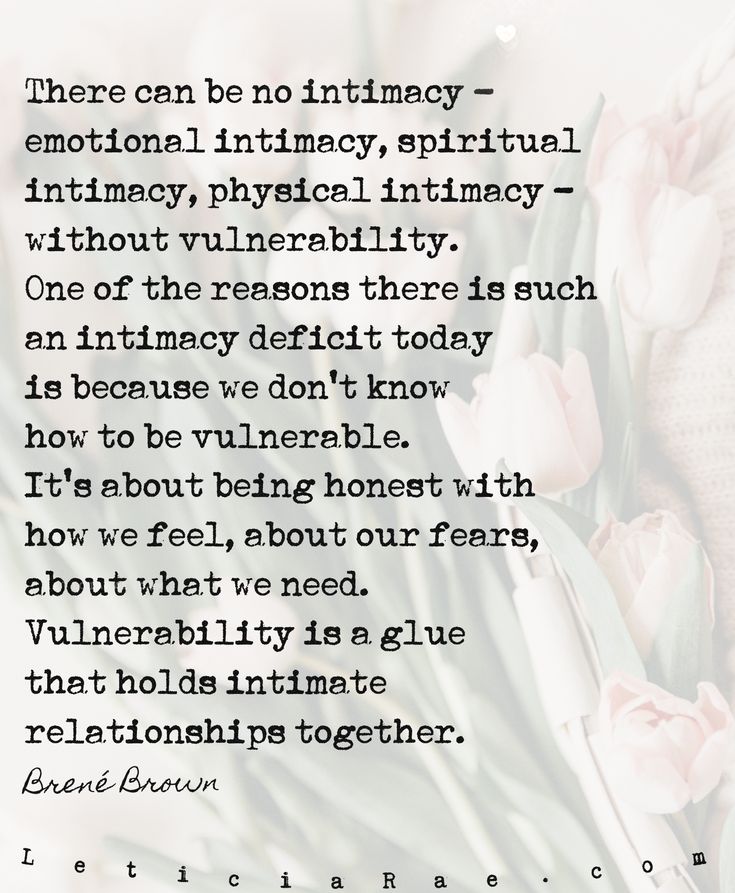 Monogamy is not only possible - it is natural and normal for a person.
Monogamy is not only possible - it is natural and normal for a person.
Emotional dependence is not a symptom of mental immaturity or pathology; she is our greatest strength
Source
We call the ability to separate ourselves from our parents and first lovers a sign of emotional strength. We are even embarrassed for this natural need for love, support and comfort. We seem to be weak and vulnerable.
But a strong emotional connection is not a sign of weakness at all - it is a sign of mental health. But emotional isolation can kill us.
Already the first studies in this area have shown that from 31 to 75% of children deprived of parental care, getting into state institutions, do not live up to three years. And life expectancy, as a rule, is lower among single people and higher among families. “A good relationship,” says University of Utah psychologist Bert Uchino, “is the best recipe for good health and the strongest antidote for aging.” He refers to a 20-year study involving thousands of patients, which proved a direct link between the level of security and acceptance in society and mortality - both general and from specific diseases, for example, heart attacks.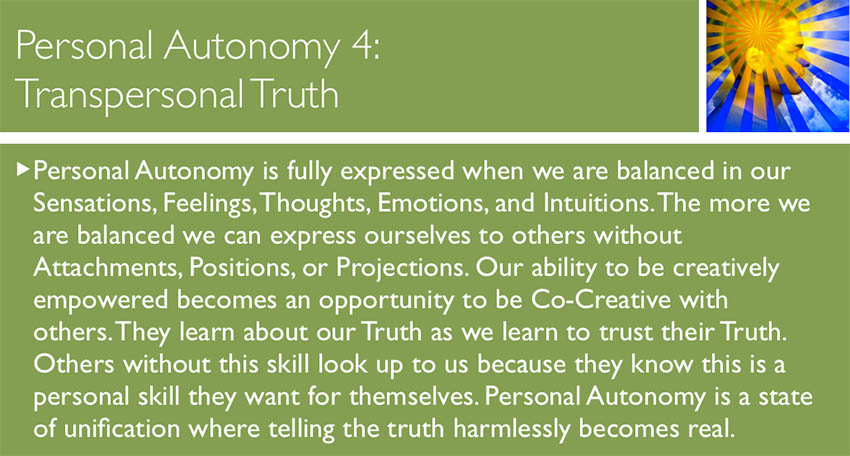
Selfishness is not normal for a person; empathy is a natural process of our body
Source
You can deny or ignore this part of your nature as much as you like, but caring for others is our natural need. We are not born callous and ambitious, ready to get what we want at any cost. Prosperity of mankind was ensured by mutual care and joint work. Our brain can read emotions from the faces of others and resonate in accordance with what we read.
It is our emotional responsiveness and interoperability, not just our brains, that has allowed us to become the dominant species on the planet.
The bonds of love belong to us by birth and are a colossal resource. They are the main source of our strength and joy. The ability to receive and give support is so important for people that, according to social psychologists Mario Mikulinser and Phil Shaver, we should not be called Homo sapiens - "a reasonable person", but Homo auxiliator vel accipio auxilium - "a person who helps or receives help.